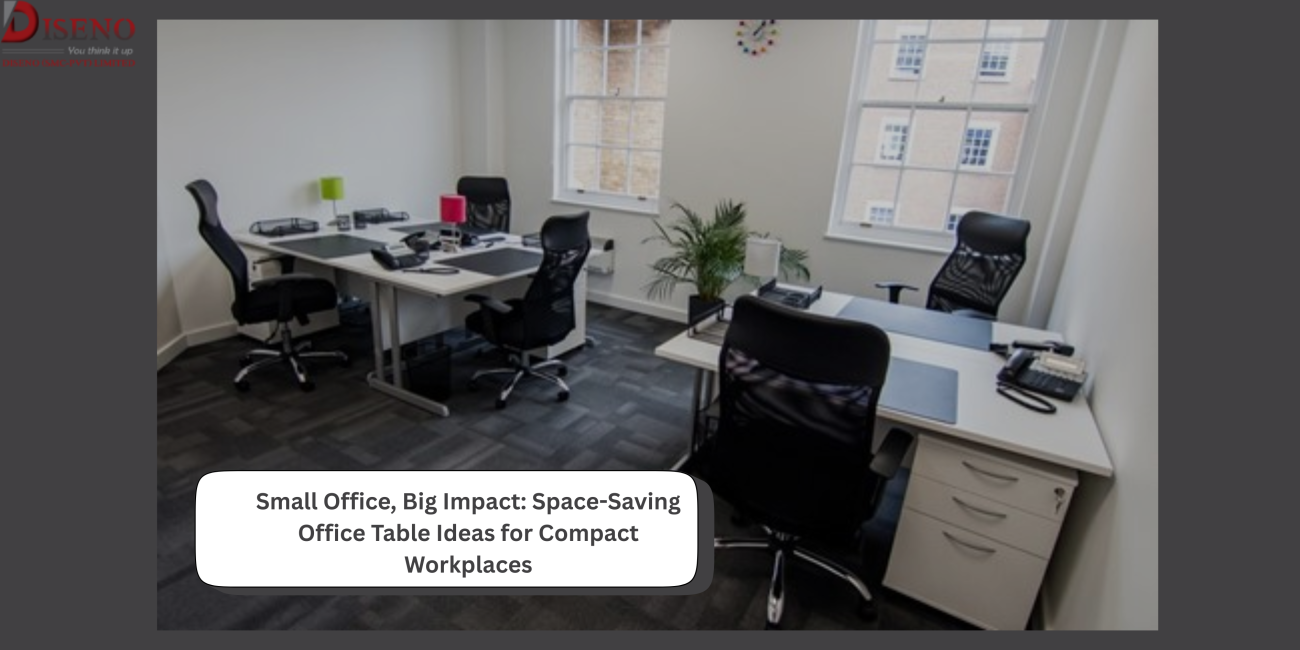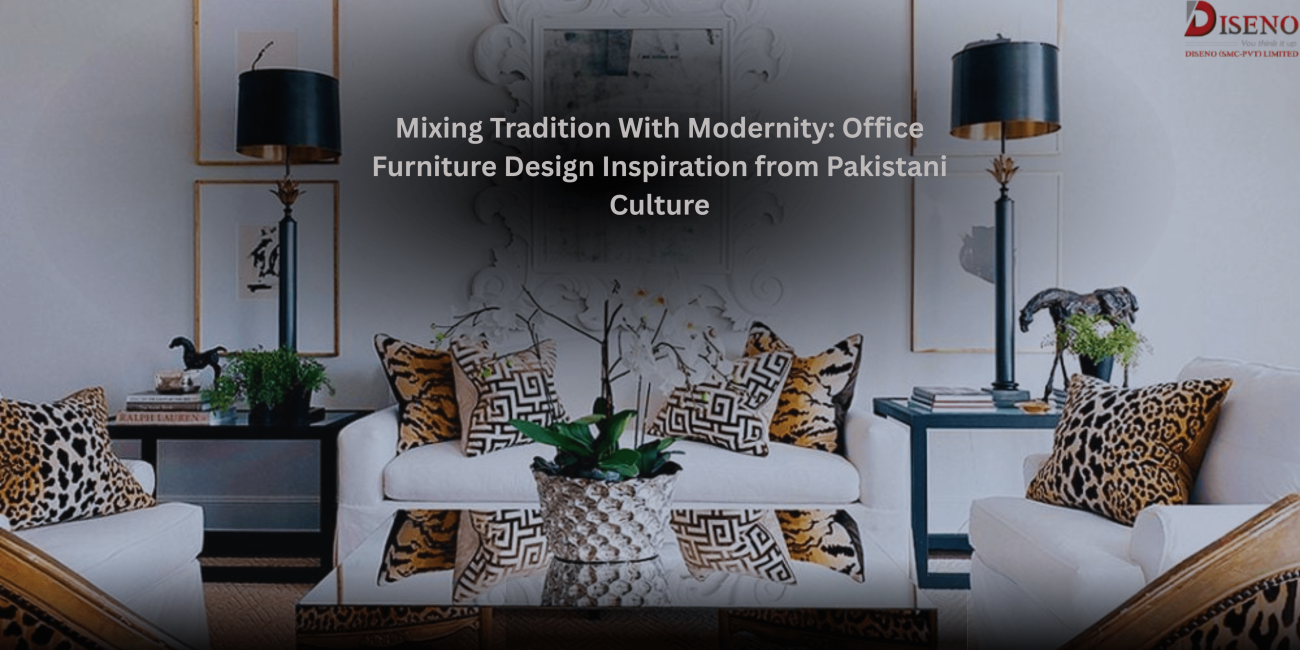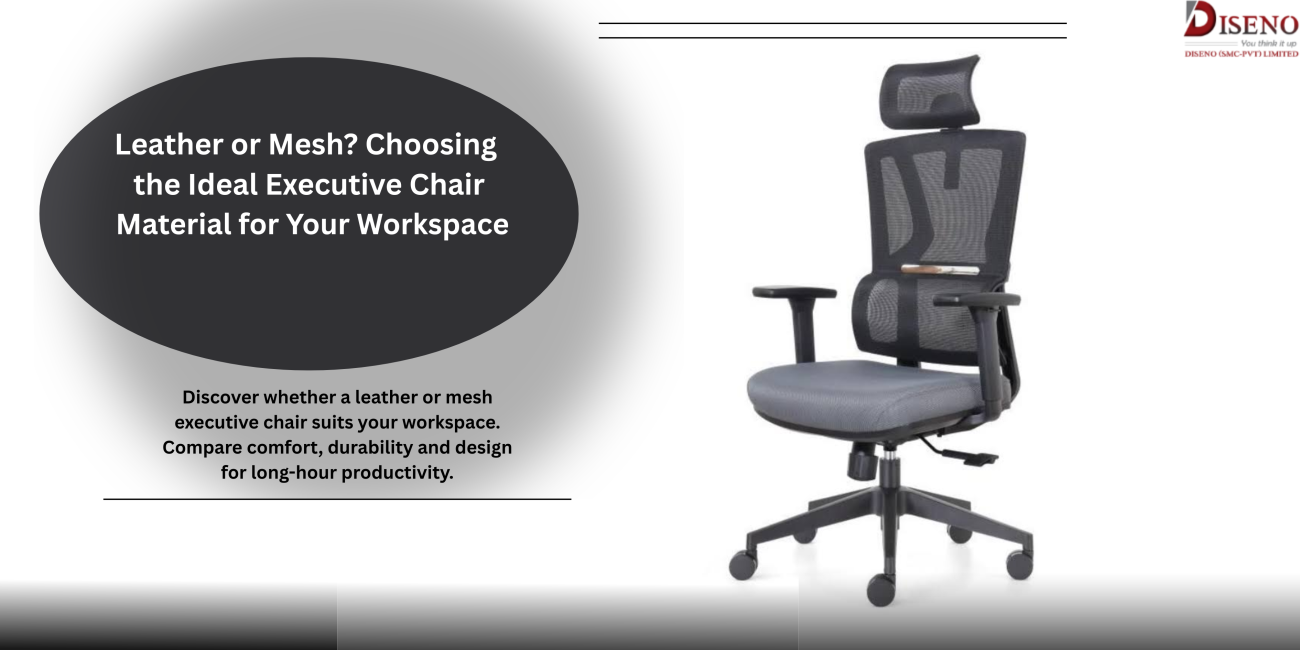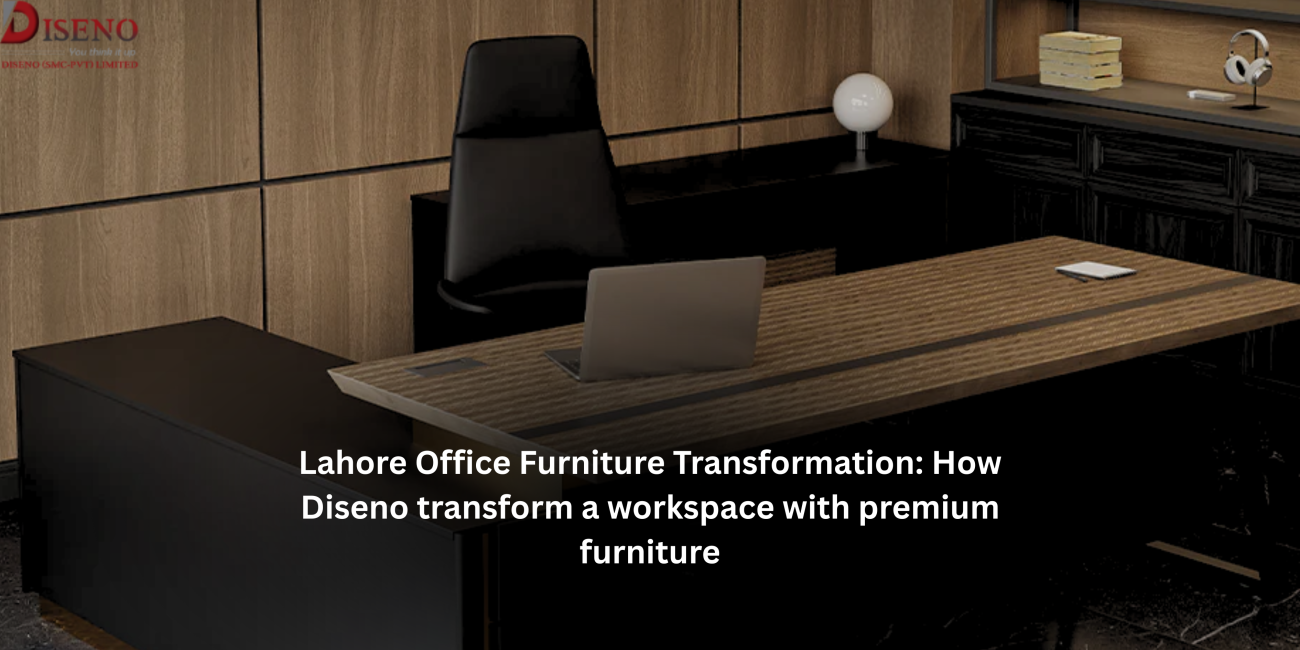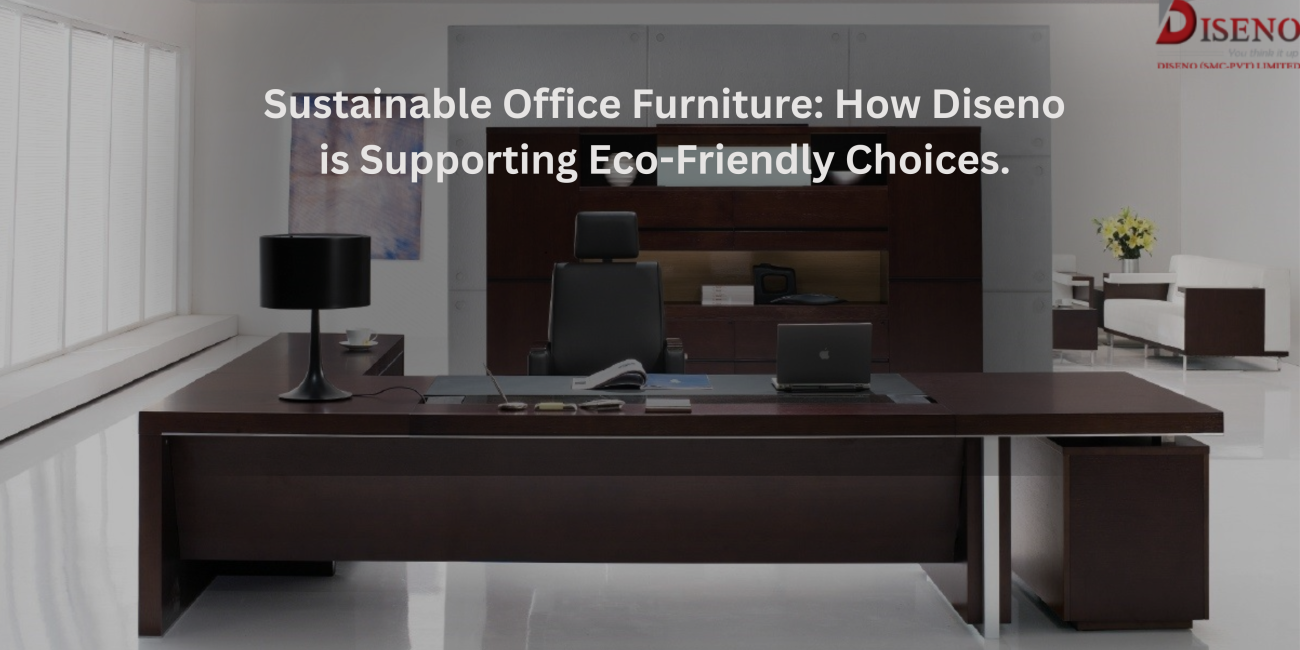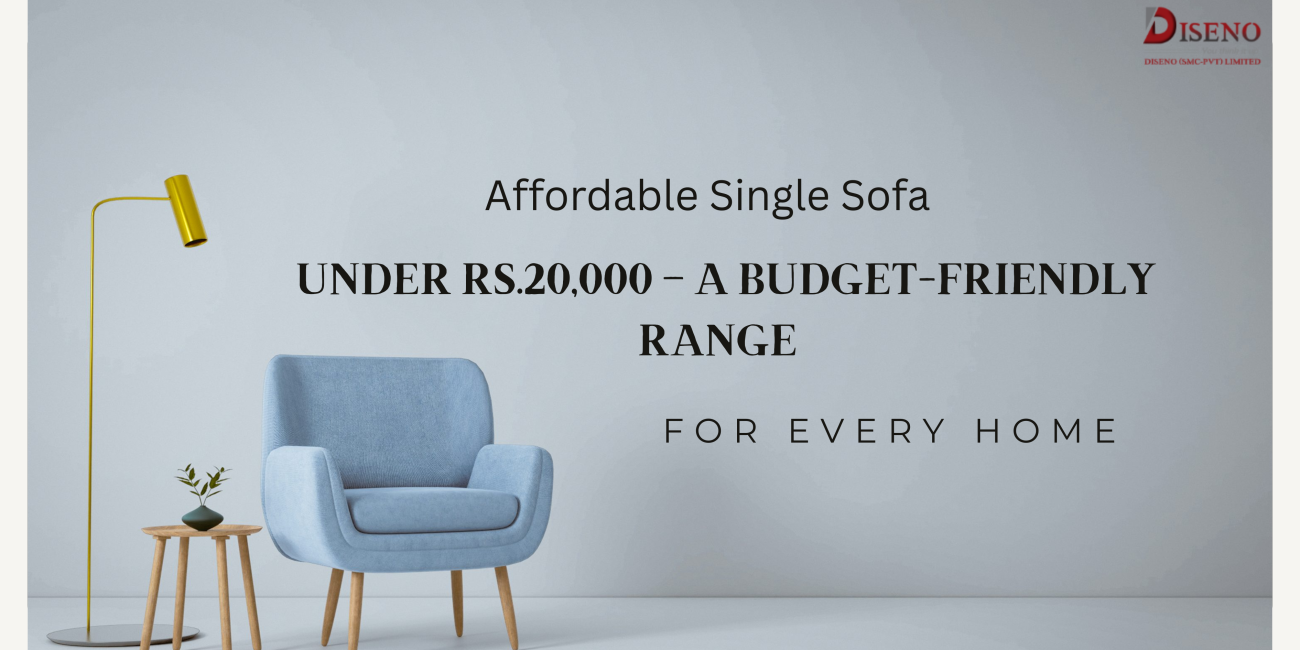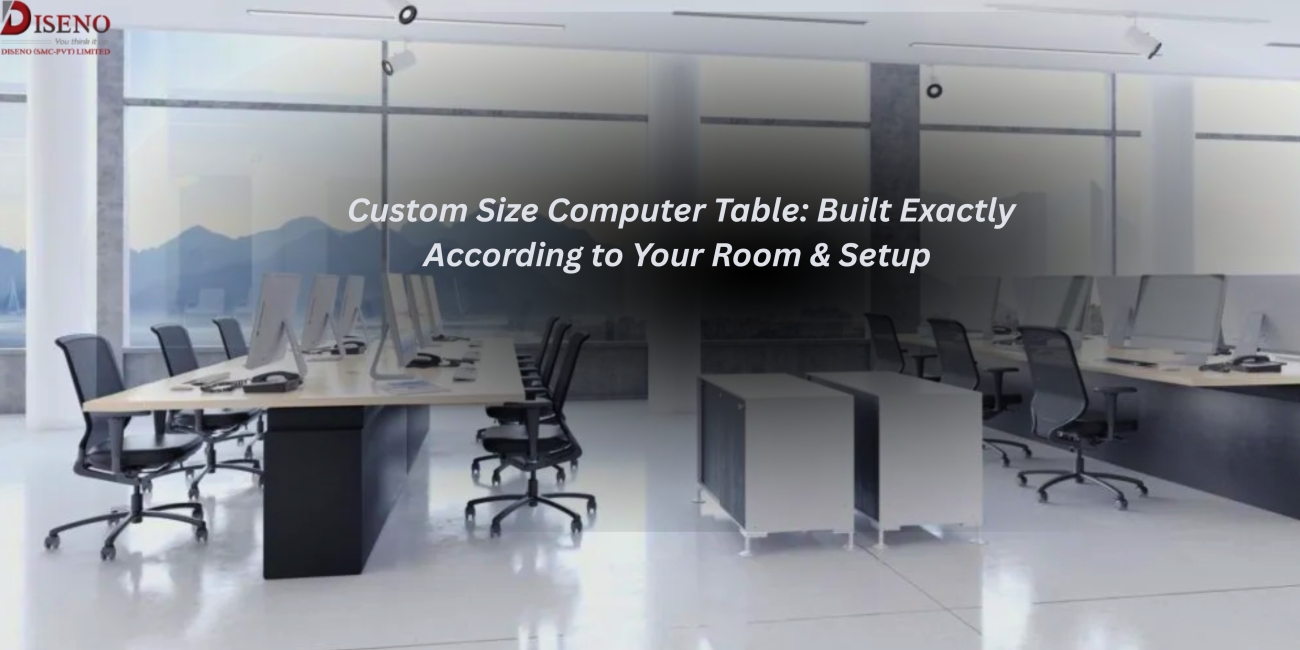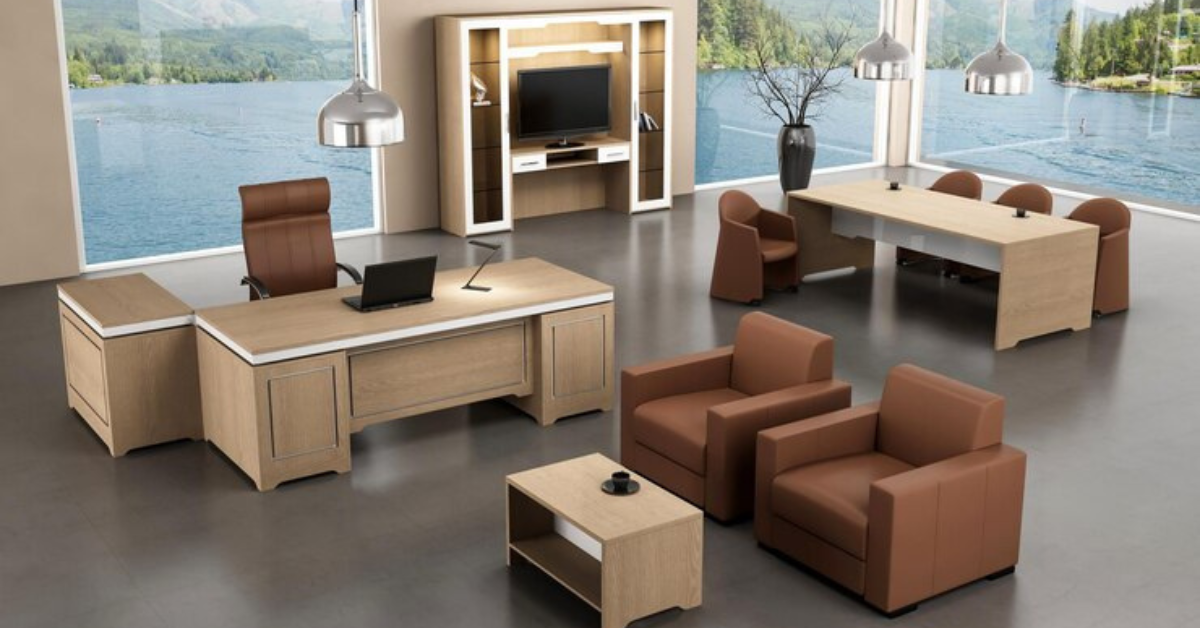
Blog
Why Furniture Brands in Pakistan Fail in Branding? And How Startups Can Fix It.
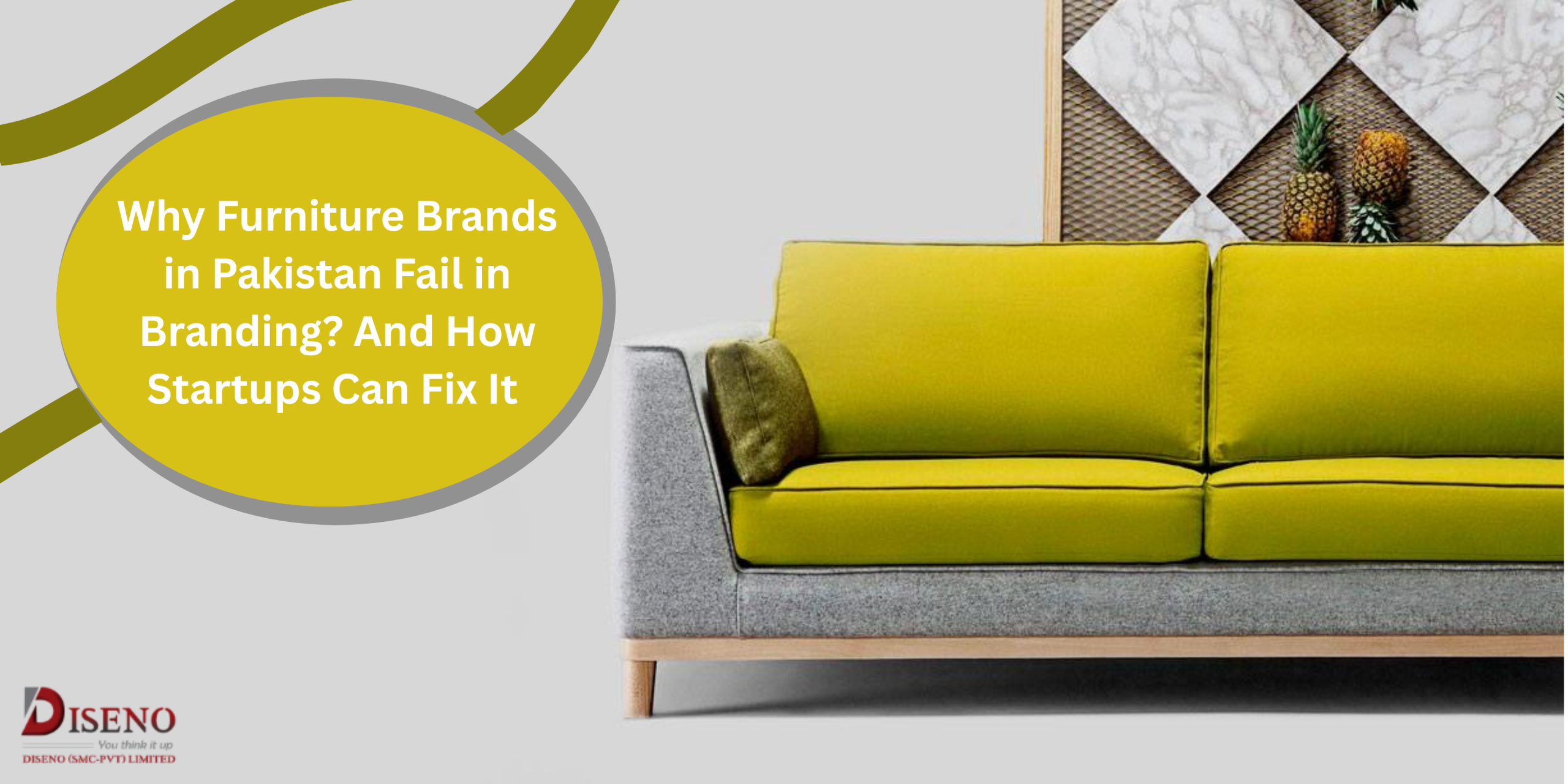
Furniture brands in Pakistan are cropping up all and quickly changing home and office decor sector, from small factories in Gujrat to high-end storefronts in Karachi and Lahore. But even if there is a lot of desire for trendy furniture design, many furniture brands in Pakistan don’t seem to be able to build a strong brand. It’s not always the quality of the goods; it’s the brand.
Let’s talk about why so many local furniture businesses have trouble with branding and how they may fix things so they can compete with big companies and even do well in the digital age.
1. The Illusion of “Good Product = Good Brand”
Many local furniture stores think that making a good sofa or solid wood dining table makes them a brand right away. A brand is more than just a product; it’s a story, an experience, and a connection with clients on a deeper level of emotion.
A lot of small firms spend a lot of money on raw materials and production, but they don’t tell stories. They never say what makes their brand stand out. For example, when people in Pakistan search for “sofa set price,” they’re not just seeking for numbers; they’re also looking for comfort, lifestyle, and trust. If you don’t brand your firm, it will just be another price tag in a long list of search results.
2. Poor Digital Presence and Outdated Marketing
The world is now digital, yet a lot of furniture stores in Pakistan still only use physical showrooms and traditional advertising. On the other hand, shoppers are looking for ideas on Pinterest, skimming through Instagram, and comparing online furniture stores in Pakistan on Google.
A brand loses trust right away if it doesn’t have a website or has an old one with bad photographs and imprecise descriptions. People today want to know everything: authentic pictures, correct prices, and reviews from other customers.
3. Ignoring Target Audience Psychology
Many furniture brands also fail because they try to market “everyone.” A brand that tries to sell to students, homeowners, and businesses at the same time doesn’t connect with any of them. Successful brands know who their ideal customer is. Are they going after people who buy luxury goods, people who live in sophisticated apartments, or tiny business offices?
For instance, Diseno’s method of creating sleek and modern workspaces is a wonderful fit for a certain group of people: professionals and businesses that want things to be simple and last. A startup that knows its audience can change its tone, images, and furniture design to make them more appealing to them.
4. Branding and design that don’t match
If you look at the websites of any of Pakistan’s big furniture stores, you’ll see a mix of fonts, types of pictures, and messy social media feeds. People stop trusting you when things aren’t always the same.
Using the same colors, tone of voice, and message across all your touchpoints, such as your website, social media, packaging, and even customer support, is what brand consistency means. When your brand looks “scattered,” customers assume it’s reliable. A strong brand, on the other hand, makes everything seem to fit together. It gives buyers comfort of mind that your products will be just as lovely and well-planned as your presentation.
5. Copy-Paste Culture and Lack of Original Design Identity
A lot of new furniture companies in the area just copy designs that are already out there, often using catalogs from other countries or Pinterest boards. Copying may seem like an easy way to meet demand, but it kills creativity.
Unique furniture design, not copying, gives a brand its individuality. Customers can readily tell if something is real. Brands that come up with new ideas, like combining Pakistani craftsmanship with modern design, get more attention faster. When customers remember your product not because it’s “cheap” but because it’s “different,” you’ve already won half the battle to market it.
6. No telling stories that are emotional or cultural
Branding is telling stories, and there are a lot of tales in Pakistan that need to be told. Our woodworkers, craftsmen, and traditional designs are the best in the world. But not many brands honor them.
When you add emotion to the tale of your furniture, such “crafted in Chiniot with local rosewood” or “inspired by Mughal geometry,” you make it more real and give people pride.
People like brands that have a purpose. A buyer might look for “office table Pakistan,” but if your brand story focuses on sustainability, local workmanship, and durability, they will connect with you on an emotional level and remember your identity.
7. Weak After-Sales and Customer Experience
If the service after the transaction is bad, even the most gorgeous furniture will lose its attraction. Late delivery, not being able to talk to customers, and not being able to help them after they buy something, may all ruin a brand’s reputation in a matter of hours.
Marketing doesn’t end when you get to the checkout page. It carries with advice for delivery, customer service, and upkeep. A simple message or installation guide can change someone who only buys something once into a loyal fan of the brand. Customers who are happy will talk about your business, and their word-of-mouth recommendations are the best way to sell your new furniture company.
8. Not paying attention to online reviews and influencer marketing
Online reputation is like gold for building a brand. But many furniture companies in Pakistan don’t know how vital it is to get good reviews and collaborate with influencers.
If people can’t see your furnishings in person, favorable evaluations can make you look more trustworthy. Also, working with lifestyle influencers or interior designers could help your firm reach customers who need expert advice. For example, having a home decor blogger show off your furniture in real life makes it look more real and draws more attention to it.
9. Not paying attention to how other people see value
Pakistani shoppers are getting smart. They don’t just want low prices anymore; they also want good deals. When individuals in Pakistan seek for the price of a sofa set, they don’t consider about the price, the quality of the design, the comfort, or the warranty.
Startups should stop saying “cheap furniture” and start saying “affordable elegance” or “value that lasts.” Branding is all about how people view things, and how they see value is what makes them want to come back.
10. Lack of Long-Term Vision
A lot of new businesses are more interested in making money quickly than in developing a brand. They change the styles of their products often, don’t develop a consistent portfolio, and lower the quality of their work.
It takes time to build a solid brand. It grows when customers trust you; you have defined values, and you show them consistently. It’s not just about making one sale in the furniture business; it’s about building relationships that last a lifetime. A startup that builds its brand today, even with little promotion, sets itself up for future growth
How to Improve Branding for Furniture Startups in Pakistan
Now that we’ve spoken about why brands fail, let’s talk about how startups might repair it in a useful and effective way.
- Make your brand stand out from the rest.
- Tell us what makes you different.
- Choose a style and a tone (modern, classic, luxury, minimal, or eco-friendly.
- Create a sense of community and trust.
- Ask for feedback, hold online contests, or post pictures of your customers’ homes on your social network.
- Ways to make furniture look good.
- Combine modern styles with traditional Pakistani art. People talk about new things, and they make your brand stand out.
- Work with interior designers, and influencers to show your things in a way that seems natural.
- Develop strong reliance while selling furniture online in Pakistan.
- Just be honest about costs, give precise descriptions, and show authentic pictures.
Last Thoughts: Branding Is Not an Option; It’s a Must
There is a lot of space for growth in Pakistan’s furniture business. With a growing middle class and a real estate market that is performing well.
People who only make furniture won’t do well. People that construct brands that people trust, know, and connect with on a deeper level are the ones who succeed.
Branding isn’t only about ads and logos; it’s also about how your customers feel when they hear your name. This is true whether you’re selling a high-end sofa set or an ergonomic desk in Pakistan.




